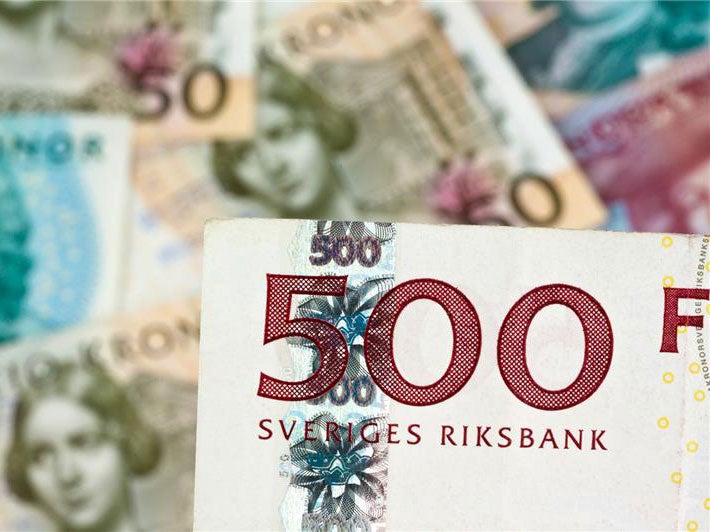Sweden 'fast becoming world’s first cashless society’
There is less than 80 billion Swedish crowns currently in circulation (around £6 billion)

Sweden is fast becoming the world’s first cashless society due to the growing use of a new mobile payment system.
According to a new study from Stockholm’s KTH Royal Institute of Technology, there is currently less than 80 billion Swedish crowns in circulation (around £6 billion), which is a sharp decline from the six years ago, when there was SEK106 billion in circulation.
Niklas Arvidsson, an industrial and management researcher at the institution and the author of the study, said that while cash is an important means of payment in other countries, but that Sweden’s use of cash is small, “and it is decreasing rapidly”.
The move towards a cashless society has come from the prevalent use of a mobile payment system called Swish, which is a direct payment app that is used for transactions between individuals in real-time.
The app was created through the collaboration of Bankgiro and Sweden’s national bank, Riksbanken, and follows a strong technology trend in financial services in Sweden, where some banks already have completely digitised branches that do not accept cash.
Is a cashless society really on the cards?
Show all 2Arvidsson said Swedish consumers have a “tradition of welcoming electronic payment services,” and added that of the SEK 80 billion in cash circulation, he believes “only somewhere between 40 and 60 per cent is actually in regular circulation”. The rest is understood to be held in deposit boxes and people’s homes, or is being used in the underground economy.
The study also found that a crackdown on money laundering and organised terror has helped to boost the move towards a cashless society.
Arvidsson warned there are parts of the population that will need to be helped along the way if Sweden is to become completely cashless however, which includes people not used to computers or mobile phones, many of which are older people living in rural areas, while the homeless and undocumented immigrants will be greatly impacted and reliant on Government aid.
Subscribe to Independent Premium to bookmark this article
Want to bookmark your favourite articles and stories to read or reference later? Start your Independent Premium subscription today.

Join our commenting forum
Join thought-provoking conversations, follow other Independent readers and see their replies